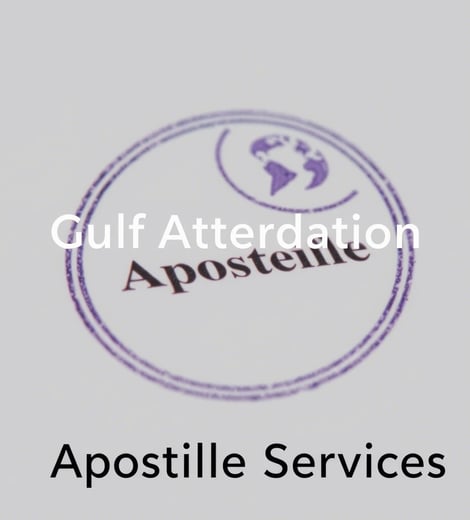An apostille is a form of authentication used to verify the legitimacy of public documents for international use, particularly in countries that are part of the Hague Apostille Convention of 1961. It serves as a standardized certificate that confirms the authenticity of the signature, the capacity of the person signing the document, and the identity of any stamps or seals affixed to it. By doing so, it eliminates the need for further certification by foreign embassies or consulates, simplifying the process of legalizing documents for use abroad. Common examples of documents requiring apostilles include birth certificates, marriage licenses, educational diplomas, and court orders. Each participating country designates an authority, often the Ministry of Foreign Affairs, to issue apostilles, ensuring uniformity and trust across borders.


The apostille system significantly reduces bureaucratic hurdles and expedites cross-border exchanges of documents for purposes such as international business, immigration, or adoption. However, it’s important to note that an apostille does not validate the content of the document itself but rather certifies its origin. Documents with an apostille are recognized in all countries that are part of the Hague Convention, making them highly convenient for global transactions. If a country is not part of the convention, a more complex legalization process is required. Understanding whether your document needs an apostille and ensuring it is properly issued can prevent delays or rejections when presenting it internationally. This system fosters trust and efficiency in handling legal and administrative matters across different jurisdictions.
Apostille Service
Contacts
info@gulfattestation.com
Get In Touch Please give
+91-11-41100511
Embassy attestation
Visa
Apostille Attestation
Embassy Attestation
MOFA Attestation
PCC Attestation
MEA Attestation
Gamca Medical
HRD Attestation
Dataflow Verification
Attestation
Birth Certificate
Bahrain Visa
Turkiya Visa
Kuwait Visa
Qatar Visa
Saudi Visa
Abu Dhabi Visa
Sharjha Visa
UAE Visa
Oman Visa
D 102 ,NFC OKHLA,NEW DELHI-110025


